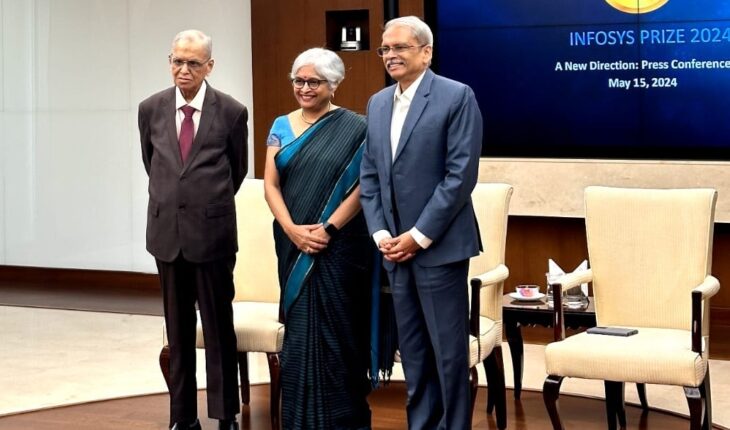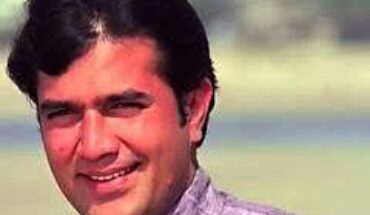Bengaluru (India): The Infosys Science Foundation (ISF) announced that it is steering the Infosys Prize in a new direction by transitioning from a mid-career prize to an early-career prize, with the objective of rewarding potential and recognizing the promise of future achievement. The upper age limit for prize winners is being revised to 40 years to enable a transformative impact.
The fundamental objective of the Infosys Prize continues to be to recognize the best research that benefits humanity and creates role models for young scholars and aspiring scientists in India. To further its objective of fostering collaboration and access, the ISF now requires all winners who are based outside India at the time of winning the prize to spend time at Indian institutes of their choice. Winners who are not based in India will be requested to spend 30 days (in a maximum of 2 trips) at a host institute in India, to build networks and spark conversations with research groups here. The Science Foundation hopes that these early collaborations could transform into mutually beneficial long-term partnerships.
The categories that the Infosys Prize recognizes would broadly stay the same. Economics, however, will now be a separate category in the Infosys Prize. Previously, it was awarded under the Social Sciences category. From 2024, the six categories that the Infosys Prize will be awarded in are: Economics, Engineering & Computer Science, Humanities & Social Sciences, Life Sciences, Mathematical Sciences, and Physical Sciences.
Highlighting the rationale behind this change, Kris Gopalakrishnan, President, Infosys Science Foundation, said, “Since its inception 15 years ago, ISF has recognized and awarded 92 brilliant minds across disciplines in a demanding global environment. This change in the direction of the Infosys Prize stems from our vision to create a generation of young academicians who are passionate about pursuing a career in scientific research and provide a longer runway for individuals to develop their work that would have the potential to benefit society at large. We believe that this redirection will help serve as a catalyst for future innovation and mobilize young individuals towards shaping a better tomorrow.” He added.






